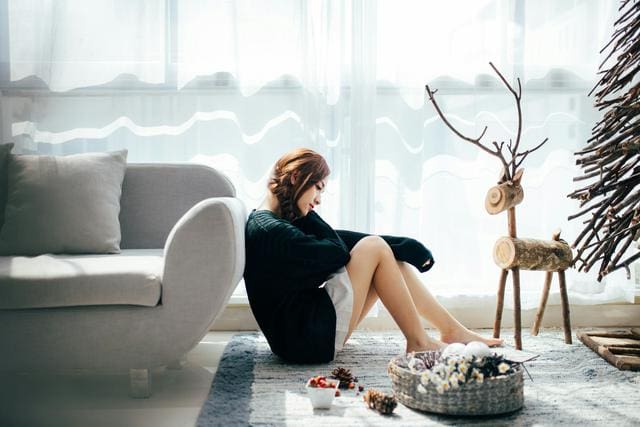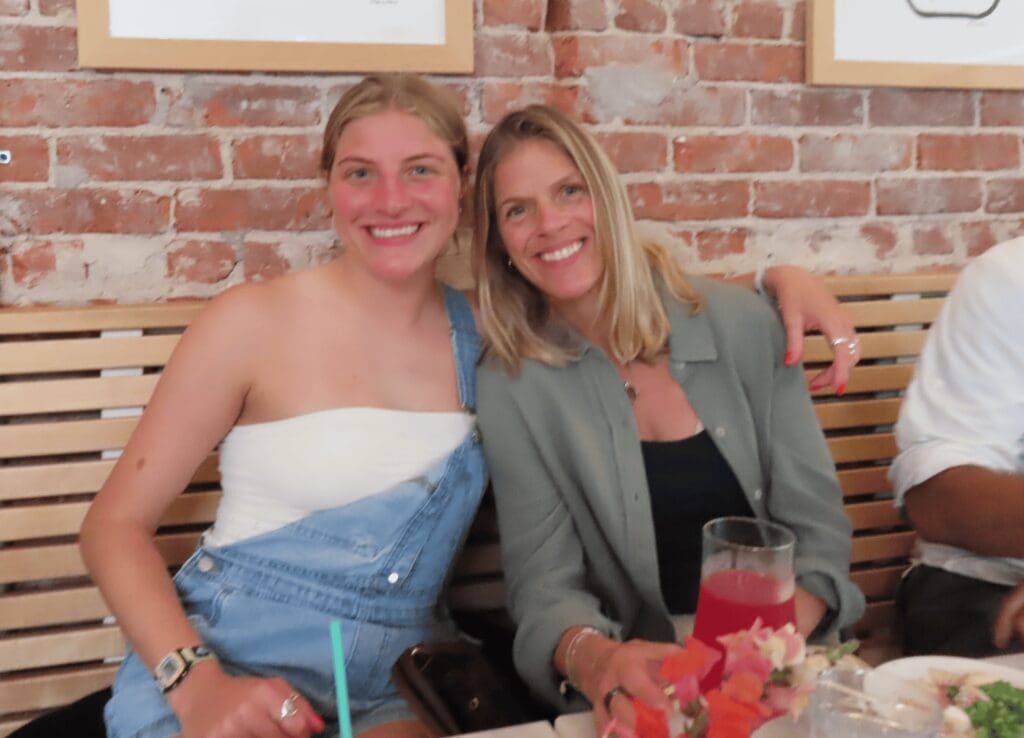Not yet comfortable wearing your mask? Still struggling to make strapping it on feel routine? You’re not alone! In the current issue of Psychology Today, Dr. Jane Benjamin, Psychologist and Clinical Director of Bronxville’s Counseling Center, and Dr. Mary Gatta, Sociology Professor at City University of New York (CUNY)—Guttman discuss from their unique perspectives how wearing masks can both make us uncomfortable as individuals and bring us together as a society.
Do you find masks troubling? Or reassuring? Experts tell us why both are true.
I’m delighted to share a special guest post by sociologist Dr. Mary Gatta and psychologist Dr. Jane Benjamin, who tell us why facial masks are such a hot-button issue during the COVID-19 pandemic.
Last October when someone mentioned “masks,” it conjured up thoughts of Halloween parties and pumpkins. In February, if you Googled the word “mask,” an image of Mardi Gras celebrations might pop up. These festive images of masks now seem like a lifetime ago. Today a mask is a line of defense to protect us from COVID-19. In a short period of time, COVID-19 has upended our lives in unimaginable ways. Some people forever lost family, friends, and co-workers who succumbed to a disease that a few months earlier was unheard of in the U.S. We have found virtual ways to attend weddings, funerals, and dinners. We stand 6 feet apart from one another, and reprimand or give a dirty look to people who get too close to us. The idea of a handshake or hug greeting seems as quaint as the eight-track player.
How do we begin to make sense of our COVID-19 “new normal” when face masks are part of our daily wardrobes? As a Ph.D.-level academic and practitioner in sociology and psychology, respectively, we fall back on our disciplinary training to understand our world, particularly in trying times. As a niece and aunt, over the years we have tossed around ideas at family dinners, weddings, and walks on the New Jersey boardwalk, with one of us thinking like a sociologist and the other a psychologist. COVID-19 provides another (albeit unwelcome) opportunity to understand our world by drawing on our intellectual traditions as we navigate our way through these uncertain waters.
Psychology teaches us about the importance of our social relationships. In fact, the theory of object relations, which has deep roots in the writings of Sigmund Freud, says that our drive to be around other people and have meaningful relationships is just as powerful a force as hunger or thirst. We are fundamentally social animals, so the loss of close social ties can take a toll on our emotional health and well-being. For introverted or shy people, being alone can be a source of comfort and solace, so quarantining is not all that difficult. For more extraverted or outgoing people, however, interpersonal connectedness is like food and quarantining is like slow starvation.


